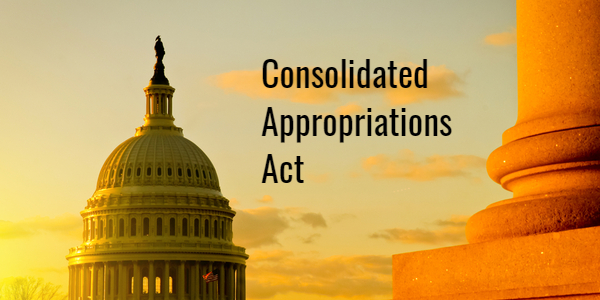| American Rescue Plan Act of 2021 |

| MKG Tax Consultants believes in providing valuable resources to help you understand what the American Rescue Plan Act of 2021 means. American Rescue Plan Act of 2021 The United States has provided about $6 trillion in total economic relief to the American people during the coronavirus pandemic, including the $1.9 trillion that was approved when President Biden signed the American Rescue Plan (ARP) Act into law on Thursday, amounting to about 27 percent of gross domestic product (GDP). Much of the economic relief in the American Rescue Plan is administered through the tax code in the form of direct payments (stimulus checks) and expanded Child Tax Credit (CTC) in 2021. Below we provide more detail on the three major tax-related benefits in the American Rescue Plan: a third round of direct payments, extended unemployment insurance (UI) benefits and a $10,200 unemployment insurance income exemption for 2020, and an expansion of the Child Tax Credit. $1,400 Stimulus Payments (Economic Impact Payments) The American Rescue Plan provides the third round of stimulus payments up to $1,400 for adults and any dependent. Households with earnings of more than $80,000 for single filers, $120,000 for Head of Household filers, and $160,000 for married filing jointly will not receive any payment. The payments begin to phase out at $75,000 for single filers, $112,500 for Head of Household filers, and $150,000 for joint filers—meaning about 89 percent of filers will receive a payment. Unemployment Benefits The American Rescue Plan also extends the three federal unemployment insurance expansions first created by the CARES Act through September 6, 2021. The American Rescue Plan increases the total number of weeks of benefits available to individuals who cannot return to work safely from 50 to 79, matching the expiration of the broader UI benefits. The law maintains the federal supplement at its current level of $300 a week for weeks beginning after March 14 and before September 6, 2021. The American Rescue Plan provides 53 weeks of federal UI benefits after the state benefits end, up from 24 weeks. The American Rescue Plan contains a new provision to exempt $10,200 of unemployment benefits received in 2020 from income taxes. The exclusion is retroactive, applying to unemployment insurance benefits received last year, largely to reduce the issue of surprise tax bills. It only applies to individuals with incomes below $150,000. Expanded Child Tax Credit American Rescue Plan greatly expands the Child Tax Credit by allowing households with children to claim up to $3,600 for younger children or $3,000 for children age 6 or older regardless of earned income. While the CTC currently phases in with income and only $1,400 can be refunded to low-income households, the American Rescue Plan allows the full credit for low-income households, which raises marginal tax rates on these filers as they are no longer provided the credit as income rises. As such, it introduces a new disincentive to work for low-income earners, though the magnitude of the disincentive is disputed. Example family of 3 dependents age 5, age 4, age 7 would receive $3,600 per dependent and $3,000 per dependent above age 6 Total Child Tax Credit $10,200 thus family would receive $850 monthly payments for 12 months once the IRS issues guidance on making payments to households. MKG Tax Consultants 4021 N Fresno Street Suite 107Fresno, CA 93726 Office (559) 412-7248 Toll-Free 866-675-3933website: https://mkgtax.wpengine.com |





